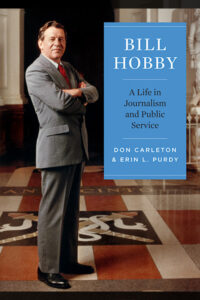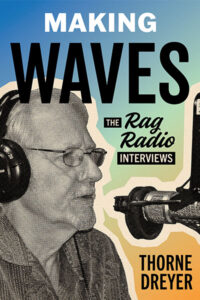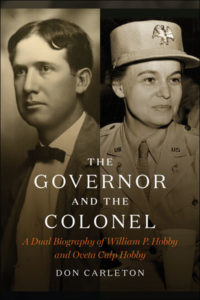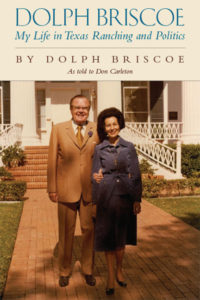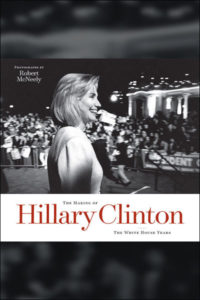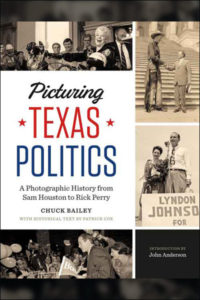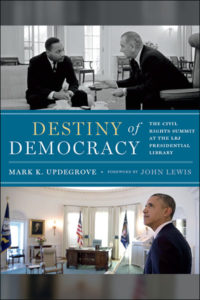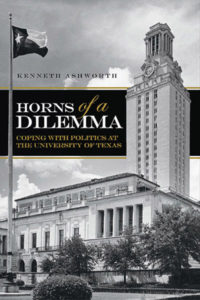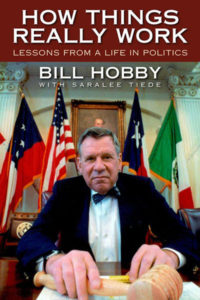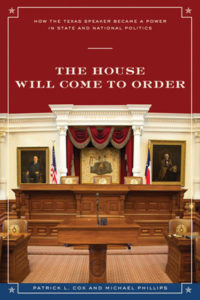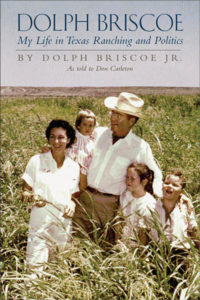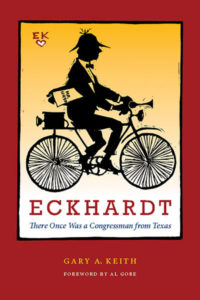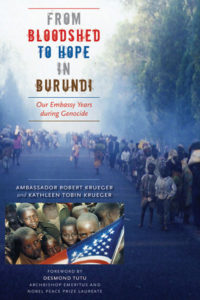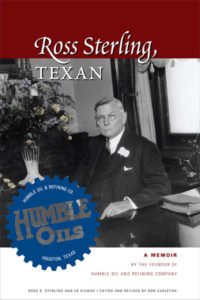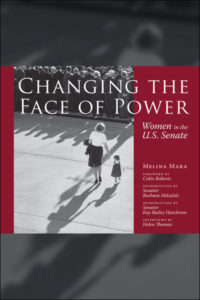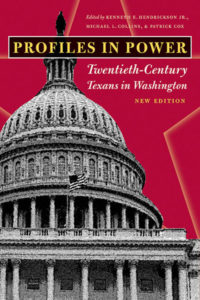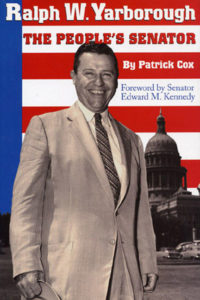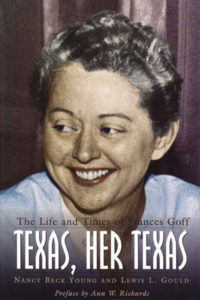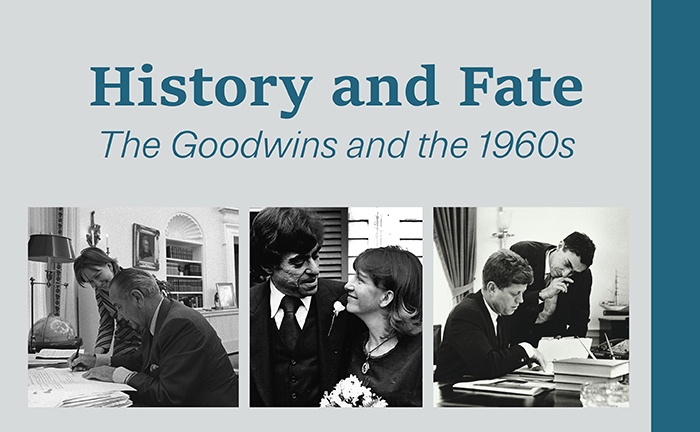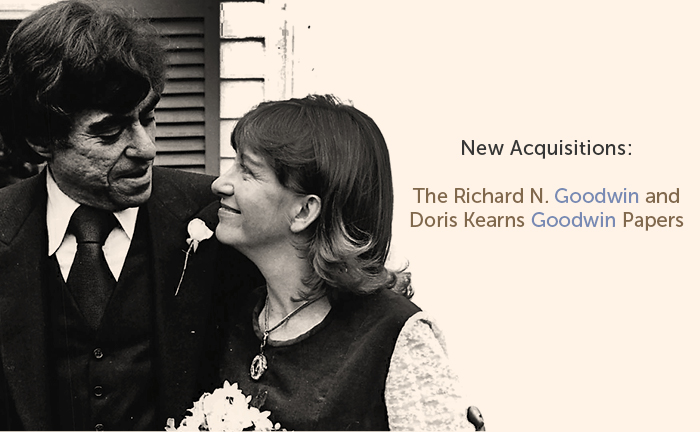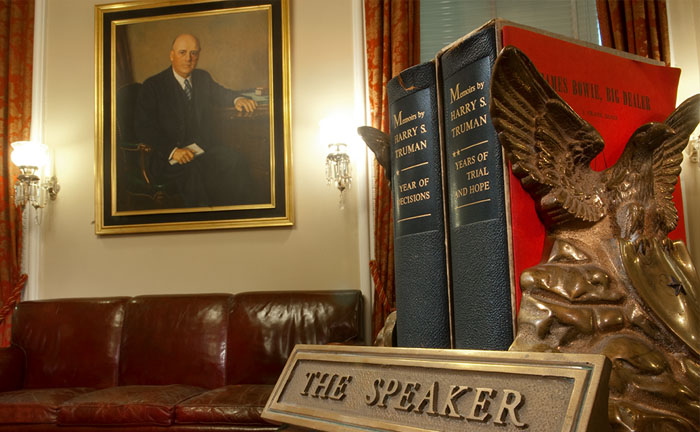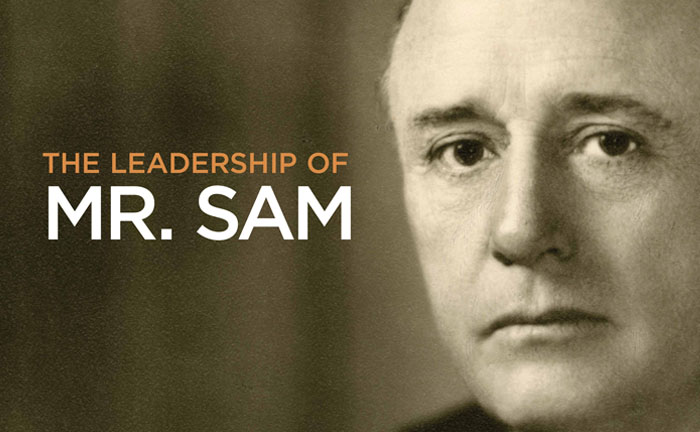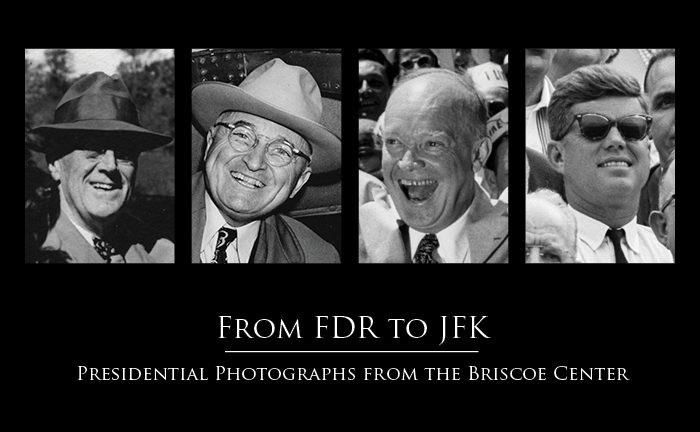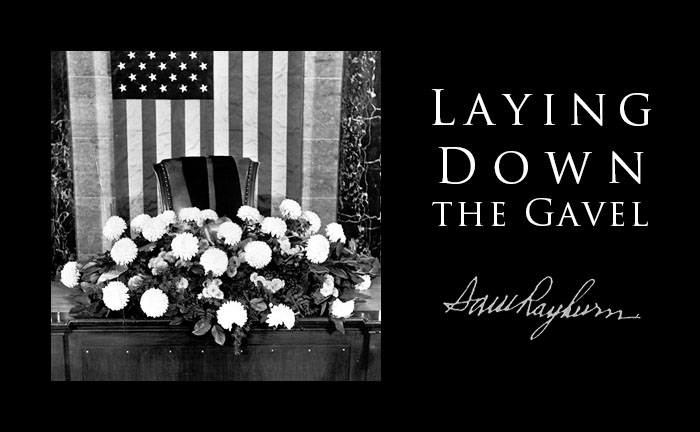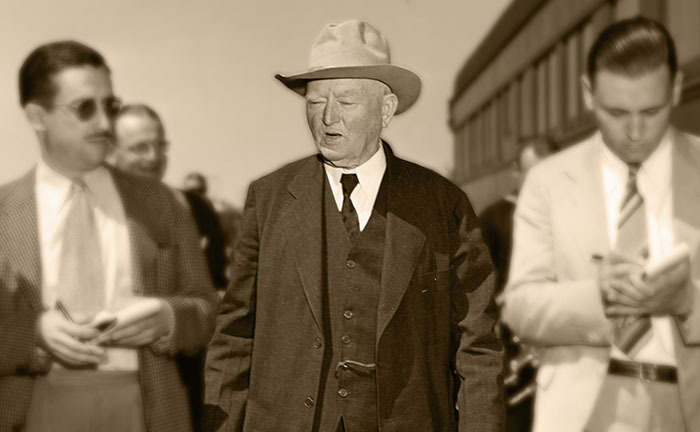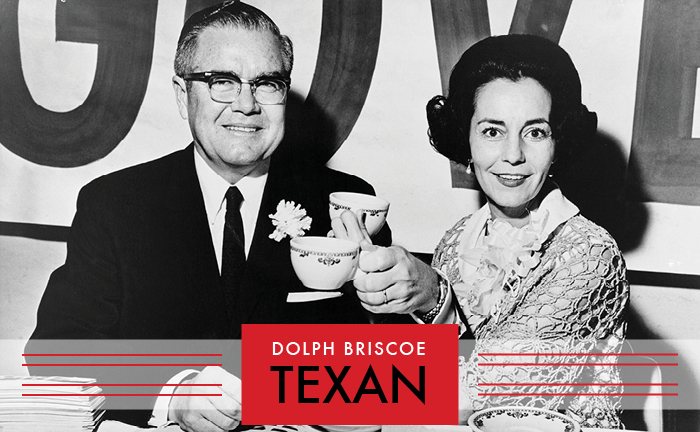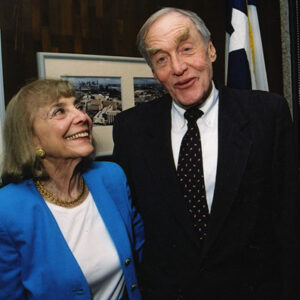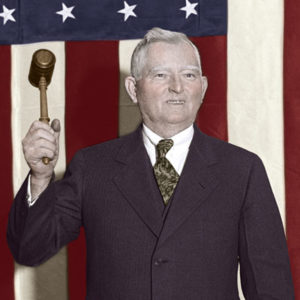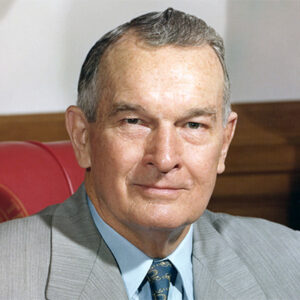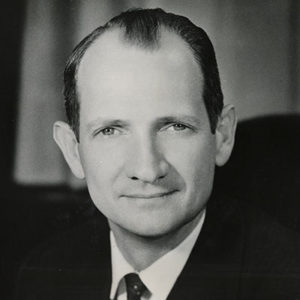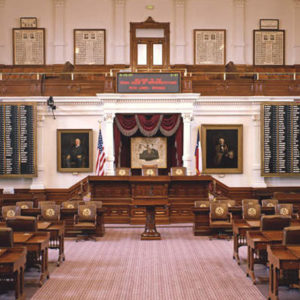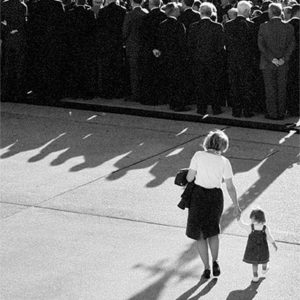With the transfer of House Speaker Sam Rayburn’s papers to the Briscoe Center in 1991 and the acquisition of former Texas Governor Dolph Briscoe’s archives in 1993, many papers at the center were consolidated to form the Congressional and Political History Collection. Documenting legislative activity that impacts national, and even international, affairs, the papers are important for understanding both Texas and national history.
The congressional papers include those relating to the careers of more than fifty former members of Congress, including House Speaker Sam Rayburn and House Speaker and Vice President John Nance Garner. Measuring more than 6,400 linear feet, it is one of the most extensive congressional history collections in the United States. The broader section contains the papers of other elected officials, including former Texas governors, from Sam Houston and James Stephen Hogg to Dolph Briscoe and Ann Richards. Many other local and state officials, state and federal employees, and media also are included. The nationally significant collections of several U.S. senators reflect major themes in U.S. history, including Morris Sheppard’s papers on women’s suffrage and Prohibition (1902–41), Ralph Yarborough’s documents regarding Lyndon B. Johnson’s Great Society programs and the Vietnam War (1957–71), and Lloyd Bentsen’s papers on tax policy and the federal budget (1971–93). Also included are Congressmen Maury Maverick Sr.’s papers on New Deal programs and politics (1935–39); Jack Brooks’ significant documentation on civil rights, voting rights, and the federal judiciary (1953–95); Henry B. González’s papers on civil rights and banking (1961–98); Bob Eckhardt’s documentation on civil liberties, the Vietnam War, and labor (1967–81); Bill Archer’s papers regarding tax policy and welfare reform (1971–2001); and J. J. “Jake” Pickle’s archives on civil rights and Social Security (1963–95). The above papers also are rich in materials that document important aspects of Texas and regional history, including constituent mail, which provides historians with a window into the impact of national themes on local politics and issues.
In 1992, a Congressional History Collection was organized at the Briscoe Center under the supervision of Executive Director Don Carleton. This process consolidated many political papers into a single organized collection that documents congressional history from the period of Texas statehood (1845) to the present. When the center acquired the papers of former Texas Governor Dolph Briscoe in 1993, Carleton broadened the collection’s scope to include the papers of other elected officials.
Today, the congressional and political collections include the papers of more than fifty former members of Congress as well as governors, state lawmakers and political operatives. Notable papers include those of Vice President John Nance Garner, House Speaker Sam Rayburn, U.S. Secretary of Energy Bill Richardson, and U.S. Senators Lloyd Bentsen and Ralph Yarborough, as well as those of ten Texas governors from Sam Houston to Ann Richards.
National Politics
The collection is particularly strong in mid-to-late twentieth century politics, covering well the events and issues of national importance between the beginning of the Great Depression and the fall of the Berlin Wall.
John Nance Garner and Sam Rayburn
The Sam Rayburn Papers (1913–61) exemplify those national themes. Rayburn served as Speaker of the U.S. House of Representatives throughout most of the 1940s and ’50s. As Speaker, Rayburn was a key player in our national history, especially during World War II. One of his landmark achievements was passage of the GI Bill in 1944, which helped to finance college educations for thousands of returning service men and women. The papers of Rayburn’s colleague John Nance Garner (1903–33) likewise document the key role that Garner played as Speaker of the House and as vice president in the first two Franklin D. Roosevelt administrations.
Rayburn and Garner are also the subject of museums that are now component divisions of the Briscoe Center. Rayburn established his museum in Bonham, Texas, in 1957 as a tribute to the people of his cherished Fannin County. In 1991 the Sam Rayburn Museum became a division of the center, which transferred the extensive Sam Rayburn Papers to its Research and Collections Division in Austin, enhancing their accessibility.
In 1973 the City of Uvalde opened Garner’s former home as the Garner Museum to document his life and career. The city transferred ownership of the museum to the Briscoe Center in 1999, and in 2011 the board of regents of The University of Texas System approved the renaming of the John Nance Garner Museum as the Briscoe-Garner Museum, in honor of the late Governor Dolph Briscoe, a fellow Uvalde resident for whom Garner was a mentor. The center is among the leading research institutions in the nation for the study of historical topics that relate to the life and career of both Garner and Briscoe. Its archives include the extensive John Nance Garner Scrapbook Collection, the only significant body of Garner papers that exists, as well as Briscoe’s personal and gubernatorial papers.
Congressional Collections
The nationally significant collections of several U.S. senators reflect major themes in U.S. history, including:
The above papers also are rich in materials that document important aspects of Texas and regional history, including constituent mail, which provides historians with a window into the impact of national themes on local politics and issues.
Complementing the congressional collections is the special project of photojournalist Melina Mara, which documents women in the U.S. Senate at the outset of the twenty-first century. Her photographs are now a permanent part of the Briscoe Center collection, and they have been the subject of a traveling exhibit and the publication Changing the Face of Power: Women in the U. S. Senate (2005). The center holds several other photojournalism collections that are discussed here.
Texas Politics
The Congressional and Political History Collection also contains the papers of several Texas governors. While official papers are governed by the Texas Open Records Act and must be under the control of the State Archives, Texas governors are free to place other personal papers, such as correspondence and political materials, with the institution of their choosing. As with the congressional members represented in the center’s collection, the governors whose papers are included were key players during their respective administrations, despite the limitations on their power as embodied in the Texas Constitution.
Texas Governors

While the official gubernatorial records of every governor since the 1970s must go to the Texas State Archives, a legal exemption allows Texas governors, if they so decide, to place their official records with The University of Texas at Austin or at Texas A&M University. Both Governors Briscoe and Richards have placed their official state papers at the center.
Texas Legislature and Government
With the expansion of the Texas economy following World War II, the speaker of the Texas House of Representatives came to wield enormous power in the legislative process. Beginning in 2003, the center conducted an oral history project in which then Speaker Tom Craddick, along with ten former house speakers, were interviewed. The project documents the development of that key office from 1950 to the present. In addition to the oral history recordings and transcripts, the project resulted in a book by Patrick Cox and Michael Phillips entitled The House Will Come to Order: How the Texas Speaker Became a Power in State and National Politics (2010).
Other papers related to the Texas government include those of Frances “Sissy” Farenthold, who worked to bring transparency and reform to Texas politics in the 1960s and ’70s. Following in the footsteps of his father, Maury Maverick, Jr., championed labor and civil rights during his three terms in the Texas House, and as a lawyer for the ACLU he represented dozens of conscientious objectors in the Vietnam War. The Ben F. Barnes papers elaborate on his time as Lieutenant Governor from 1969 to 1973 and his years in the state legislature. The papers of William P. Hobby, Jr. document Hobby’s career in public service, including his tenure as Lieutenant Governor from 1973-1991. Additionally, several Texas Congressmen began their political careers in the state legislature, including Sam Rayburn, Lloyd Bentsen, Jr., Henry B. Gonzalez, and James P. Buchanan, among others.
Related Political Collections

Additionally, the efforts of political activists and financiers and their relationships with elected officials offers a rich and underutilized research area. For decades, Bernard Rapoport and J.R. Parten were major donors to the liberal wing of the Democratic Party on both the state and national level. Their support largely enabled political figures such as Senator Ralph Yarbrough and Governor Ann Richards to win elected office. In addition to helping found the Texas Observer and the Democrats of Texas, Creekmore Fath served as campaign chairman for Ralph Yarborough and Sissy Farenthold. After his experience being blacklisted, television and radio personality John Henry Faulk became a vocal supporter of civil liberties, particularly the First Amendment. In 2018, Fred Steeper donated a collection of papers documenting his work as a pollster from the 1980s to the 2000s. His clients included California governor Arnold Schwarzenegger, U.S. House Speaker Paul Ryan, and U.S. senators Thad Cochran and Arlen Specter.
Adapted from The Collections: The University of Texas at Austin, 2015. Updated 2020.
Our collections inspire our own projects, including books, exhibits, programs, films, and educational materials.
Banner image: Henry B. González at a Labor Day rally at the Texas State Capitol, 1966. Henry B. González Papers. Image detail from di_01297.


